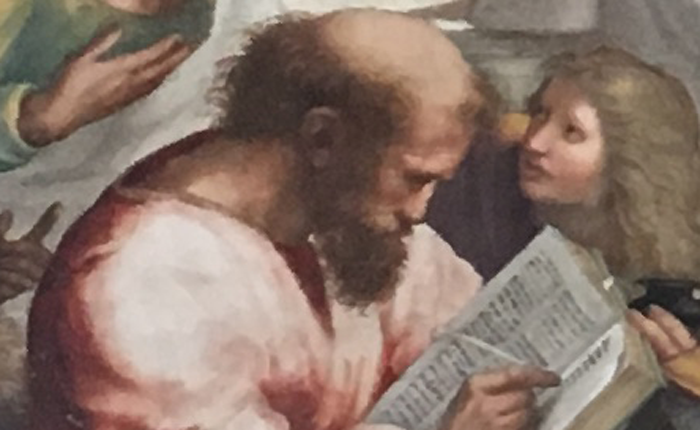
June 18, 2021
In the past several months we have seen Big Tech (including Facebook, Twitter, and Google) remove individuals from their platforms based on speech content. Some notable examples banned from social media have been Donald Trump, Mike Lindell (the CEO of the My Pillow Company), Alex Jones (a right-wing radio talk show host), and Katie Hopkins (a far-right British commentator). But there have also been apolitical celebrities banned, such as Courtney Love (the American songwriter) for defaming a fashion designer, and Rapper Azealia Banks for posting perceived transphobic content. Interestingly, the Ayatollah Khamenei (the radical Islamic cleric who overthrew the Iranian government in the 1970s and took American hostages) was not banned from Twitter for many years, and was only removed after free-speech defenders challenged the double-standard for internationally decried-oligarchs after Donald Trump’s banning. Here are some questions to keep in mind: